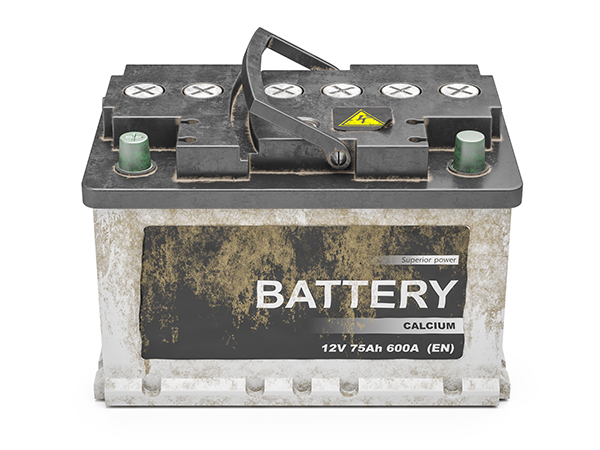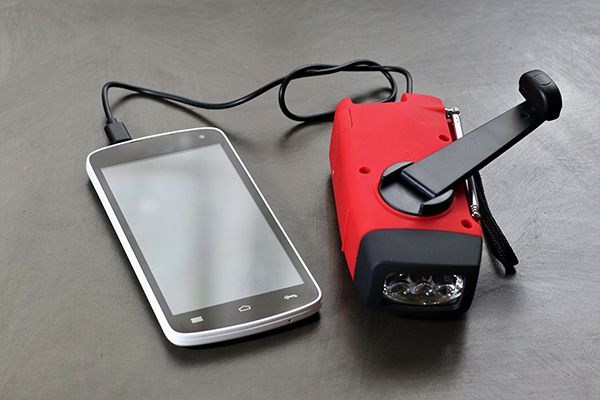
A joint effort between American and Saudi Arabian researchers produced a gadget that combines the functions of a battery and a solar cell. They reported that their "solar flow battery" can absorb sunlight, convert it into chemical energy, and hold the energy until there is need for it.
The Science Daily article explained that the dual-purpose battery can one day provide a steady and reliable source of electrical power to isolated areas. Not only will it provide a clean source of electricity, it can also provide power when there is no sunlight.
Solar energy is a renewable source of clean energy. The latest technological advancements have made it an affordable, efficient, and popular choice for powering increasingly large locations.
However, solar power has one big disadvantage: It needs a steady source of strong light to turn into electricity. That means sunlight, for the most part.
A day only lasts for so long. Daylight hours can also get longer or shorter depending on the area. And depending on the weather and atmospheric conditions, the sunlight could also be less intense. (Related: Next-gen solar cells use bacteria that convert light into energy.)
No more need for a separate solar cell and battery
Many researchers have been working on overcoming this drawback of solar energy. Their solution is to combine a solar power generator with an energy storage system.
The high-capacity storage system will gather excess electricity produced during times of low demand. It will release its stored energy during the times when there is no sunlight available.
Most combinations use separate solar cells and batteries. A team of researchers from the University of Wisconsin-Madison (UWM) and King Abdullah University of Science and Technology (KAUST) successfully integrated their solar energy converter and electrochemical energy storage device into a single system.
UWM researcher Song Jin stated that a dual-purpose device can be built smaller and more cheaply than two separate systems. It would also be easier to mass produce or scale up. Finally, it would be more efficient and cost-effective.
Jin believed that his team's solar flow battery could increase the availability of electricity in rural areas. It would also provide an alternate source of power if the electrical grid goes down. The net result is to free people from traditional sources of energy.
One day, the solar flow battery will free people from the electric grid
The integrated solar flow battery developed by UWM-KAUST can operate in three different ways. Its first mode is similar to a solar cell. It turns incoming sunlight into electricity that can immediately be used.
The second mode combines power generation with energy storage. The battery can convert solar power into chemical energy for easy storage. When the sun sinks beneath the horizon or disappears behind cloud cover, the device releases the stored energy.
In its third mode of operation, the solar flow battery can be plugged into a non-solar power source. This allows it to be charged like an ordinary battery.
Jin stated that the latest model of his team's integrated device is currently the most efficient one in the world with plenty of room for improvement. It is very expensive, but the production cost could be reduced by simplifying the design, using more commonly-available materials, and leveraging newer solar power technologies.
A future commercial version could be deployed to rural areas. A solar flow battery could either work solo or hook up to a network of similar devices. Both set-ups would provide electricity that is not reliant on existing power grids.
Learn more about the latest innovations in solar power technology at SolarPanels.news.
Sources include:
Please contact us for more information.





















